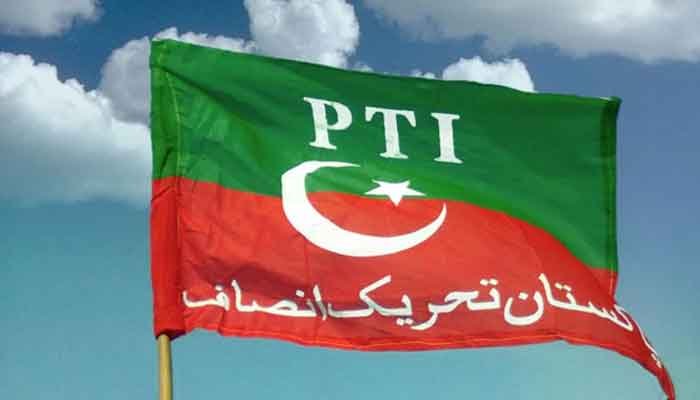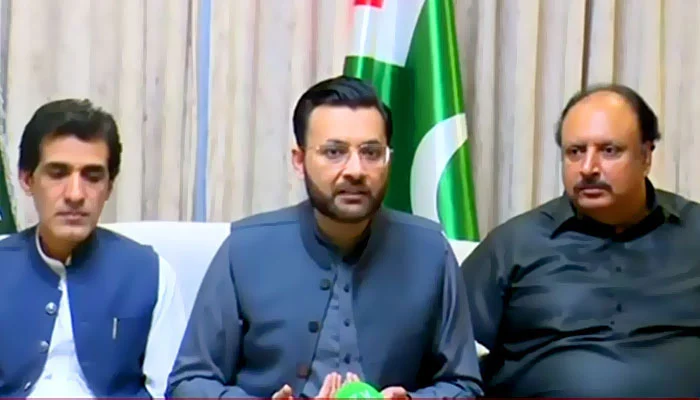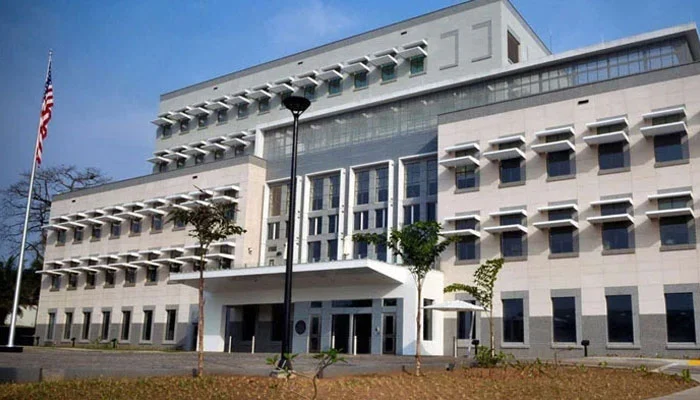The Pakistan Tehreek-e-Insaf (PTI) has taken a significant legal step by challenging the Election Commission’s authority to withdraw its election symbol. This move has been made through a petition filed in the Lahore High Court, involving several key parties including the federal government and the Election Commission itself.
Background of the Legal Challenge
The PTI’s decision to file this petition stems from a series of disputes with the Election Commission. The core issue revolves around the Commission’s decision to withdraw PTI’s election symbol, a move that the party argues is not within the Commission’s legal purview. The PTI contends that this action directly undermines their ability to participate in the electoral process, a fundamental right guaranteed by the Constitution of Pakistan.
Legal Arguments Presented by PTI
In the petition submitted to the Lahore High Court, PTI has cited clause 2 of Article 17 of the Constitution, which states that no political party can be prevented from contesting elections. The party argues that the Election Commission’s decision to withdraw their election symbol is a violation of this constitutional right. The petition requests that the High Court nullify the Election Commission’s action, thereby restoring PTI’s ability to contest future elections under their chosen symbol.
Previous Disputes with the Election Commission
This legal challenge is the latest in a series of confrontations between PTI and the Election Commission. Previously, the Election Commission raised objections to PTI’s new intra-party elections, accusing the party of procedural violations. PTI, on the other hand, has accused the Election Commission of bias and facilitating the manipulation of election results to the detriment of their party.
Importance of Election Symbols
Election symbols hold significant importance in Pakistan’s electoral system. They serve as visual identifiers for political parties, aiding voters in recognizing their preferred candidates, especially in a country with a high rate of illiteracy. For PTI, the withdrawal of their election symbol is not merely an administrative issue but a direct attack on their political identity and electoral strategy.
Constitutional and Legal Implications
PTI’s legal challenge raises important questions about the powers and limitations of the Election Commission. By invoking Article 17, PTI is emphasizing the constitutional protections afforded to political parties in Pakistan. This article is designed to ensure the free functioning of political parties and their participation in the democratic process without undue interference.
The case also touches upon the broader issue of electoral integrity and fairness. PTI’s accusations against the Election Commission suggest a perceived lack of impartiality, which, if proven, could have serious implications for the credibility of future elections. This case, therefore, not only affects PTI but also has potential ramifications for the overall electoral framework in Pakistan.
Political Reactions and Public Opinion
The legal battle between PTI and the Election Commission is likely to draw significant public and political attention. PTI’s supporters see this move as a necessary step to protect their party’s rights and ensure fair treatment in the electoral process. Opponents, however, may view it as an attempt to deflect from internal party issues and procedural lapses.
The Role of the Lahore High Court
As the Lahore High Court reviews PTI’s petition, its decision will be closely watched. The court’s ruling will set a precedent for how similar disputes are handled in the future. If the court sides with PTI, it could lead to a reassessment of the Election Commission’s powers and potentially limit its authority over certain aspects of the electoral process. Conversely, a decision in favor of the Election Commission could affirm the body’s regulatory powers and its role in maintaining electoral order.
PTI’s challenge to the Election Commission’s authority to withdraw its election symbol is a pivotal moment in Pakistan’s political and legal landscape. The case highlights the ongoing tensions between political parties and electoral authorities, emphasizing the need for clear legal boundaries and impartial administration of electoral processes. As the Lahore High Court deliberates on this issue, the outcome will not only impact PTI but also influence the broader dynamics of political participation and electoral fairness in Pakistan. The decision will be a critical indicator of how constitutional protections for political parties are interpreted and enforced in the country’s judicial system.



